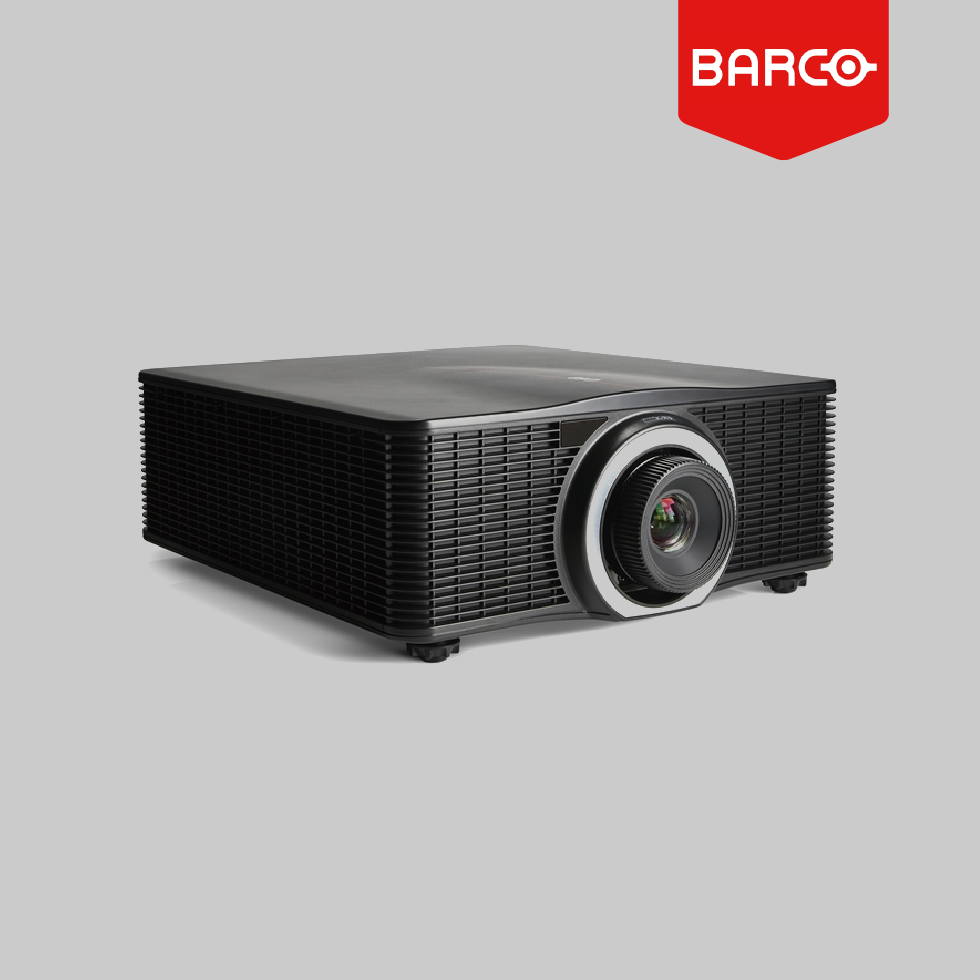According to recent studies, the global solar lighting market is projected to reach a staggering $12 billion by 2025, highlighting the increasing reliance on renewable energy solutions such as footpath solar lights. These innovative installations not only enhance public safety and accessibility but also raise important legal considerations that must be addressed.
The Legal Framework Surrounding Footpath Solar Lights

Footpath solar lights are subject to various legal regulations that govern their installation and maintenance. Primarily, these regulations focus on ensuring public safety and environmental compliance. As municipalities adopt these technologies, they must navigate liability issues related to accidents or injuries occurring in proximity to these fixtures. Furthermore, accountability for proper installation and ongoing maintenance falls upon both manufacturers and local authorities, necessitating clear guidelines for responsibility.
Liability and Accountability in Solar Street Lights for Sale
The sale of solar street lights introduces specific liability concerns that stakeholders must consider. Manufacturers are responsible for ensuring their products meet industry standards; failure to do so can result in significant legal repercussions if defects lead to accidents or malfunctions. Additionally, local governments purchasing these systems need robust contracts outlining warranties and service agreements which delineate accountability should any issues arise post-installation.
Find more about solar street lights for sale.
EXC Lighting’s Approach to Liability and Accountability
EXC Lighting exemplifies best practices regarding liability and accountability through several key features:
- Comprehensive Warranty Policies: EXC Lighting offers extensive warranty coverage on its products, assuring customers of quality assurance against manufacturing defects.
- User-Friendly Installation Guidelines: Clear instructions provided with each unit help mitigate risks associated with improper setup by end-users or contractors.
- Sustainability Compliance: All products adhere strictly to environmental regulations, reducing potential liabilities related to ecological harm.
- Crisis Management Protocols: EXC has established protocols for addressing product failures swiftly while maintaining transparency with clients about responsibilities during incidents.
- Adequate Training Programs: They provide training sessions for installers focusing on safe practices which further minimize risk exposure during deployment.
A Concluding Perspective
The integration of footpath solar lights into urban infrastructure presents unique challenges concerning liability and accountability. By understanding the relevant laws governing their use—alongside proactive measures from manufacturers like EXC Lighting—stakeholders can effectively manage risks while promoting sustainable development within our communities.

